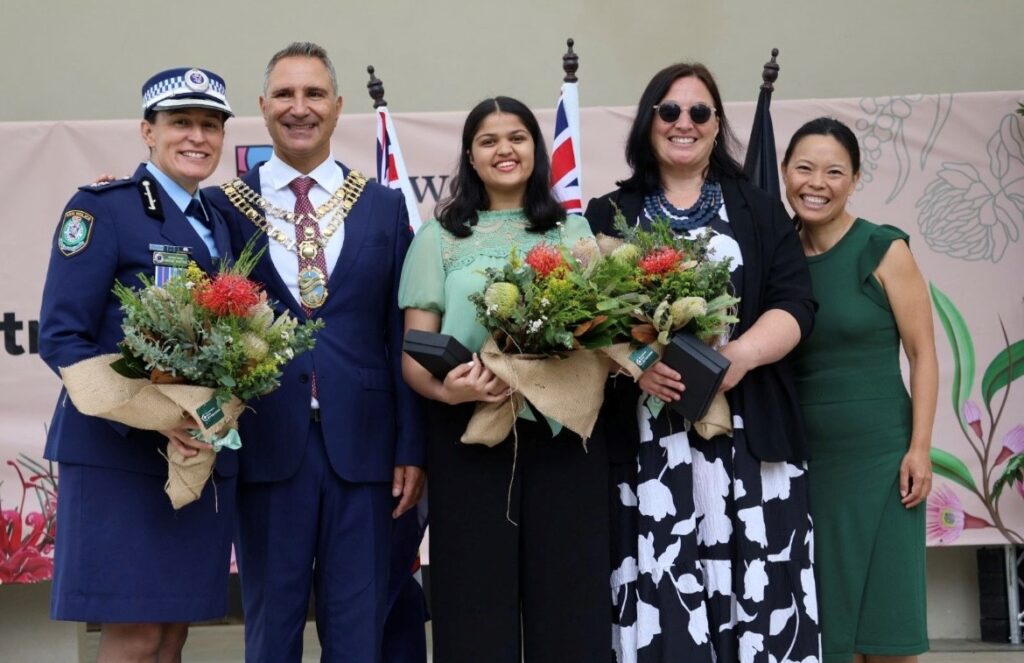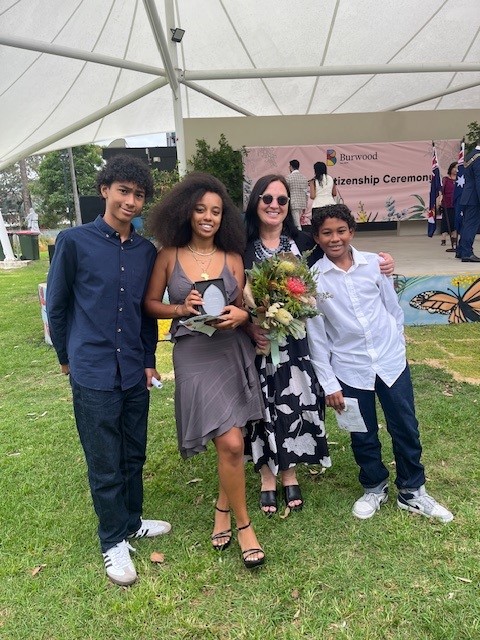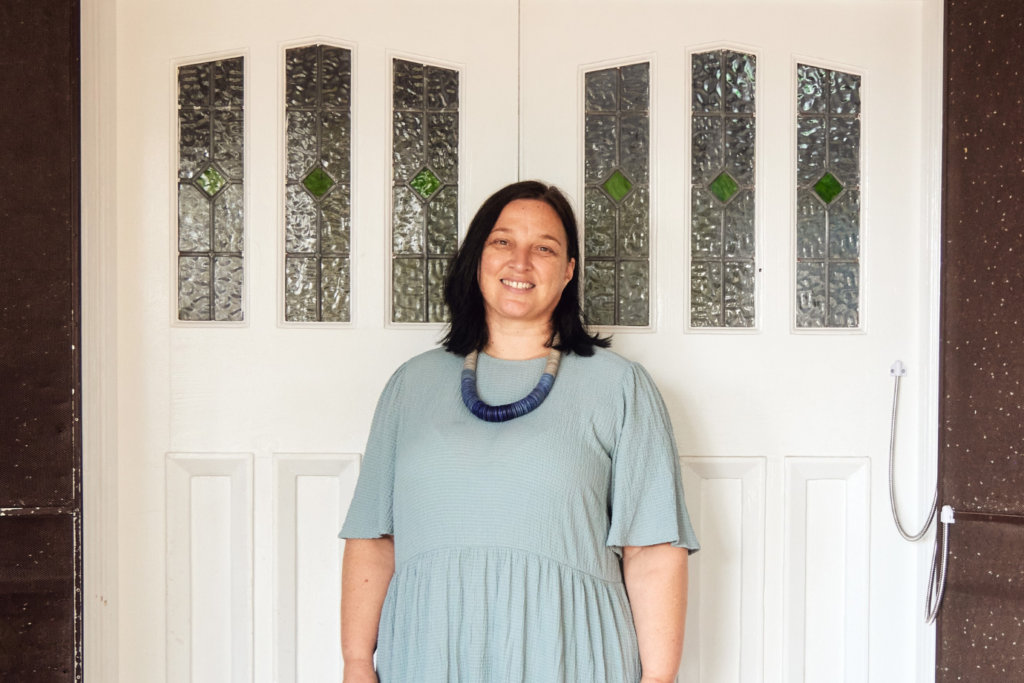As I sink into the lounge after a long day at work in the refuge, I cautiously turn on the news wondering if another precious woman has been murdered. Someone’s mother, someone’s daughter, someone’s sister, someone’s friend, someone special.
One woman every week is killed in Australia – sometimes even more. Their stories are sadly told in a minute or two before the presenters jump to the weather; some such deaths don’t even make the news.
I’ve heard so many of these stories, in person, over many years; and as I watch the news, the faces of the women and children I’ve met run through my head. I wonder where they all are now? If they are safe, at home, with their own children, also watching the news.
For more than 25 years, I have witnessed the courage and determination of so many people who have experienced some of the very worst the world has to offer. They have done so through gritted teeth, and broken hearts, and tears, rage and uncertainty. They are the motivation for our work in domestic violence services across the country. It is their light we seek to honour.
I, too, am a victim survivor of domestic violence. I grew up living on eggshells. I knew the warning sounds—the car pulling into the drive, the door slamming, the particular noise of keys turning in the lock of the front door—and I knew what I would have to do next. I knew how to move so quietly in the dark that no one would even know I was there. I knew what steps to avoid, what doors would creak open, when not to flush the toilet. All of this was done to avoid my father when he was in ‘one of those moods’.
As a teenager, I remember begging my mother to leave, tugging on her legs like a much younger child. Through my tears, I promised her we would be good, that things would be better, that we would find a way. She couldn’t find any words, but I knew from her sobs and her sad eyes that we weren’t leaving. We weren’t going anywhere. And I didn’t understand why.

That house was always too quiet. It wasn’t a relaxing, peaceful kind of quiet; it was a solemn silence that grew and grew until it burst. I promised myself that the second I could leave, I would. I vowed that I would never, ever choose a man like my father, that I would never put up with half of what my own mother did every day. I was going to be different, make different choices, be better and different in every possible way. And then, just like my mother, and my mother’s mother, and her mother before me, I walked into the most difficult relationship of my life.
We were living together in Enmore in the inner west of Sydney, in an old one-bedroom apartment opposite the park. He was charming and funny, and he loved me in a way that felt so different and new. We were together all the time. He wanted to marry me and start a family—family was everything, he said. Things moved very quickly, and soon I was pregnant. It was March 2003, and I had left my job to begin maternity leave. One Friday evening, not unlike many evenings before, I sunk into the bed, my belly heavy with a baby girl, my head dizzy with a million thoughts, and I knew I’d made a terrible mistake. Worse still, I didn’t know how to fix it.
When people know you work in domestic violence, they often ask for advice for a friend or sometimes for themselves. I can hear the weariness in their voices as they shake their heads in disbelief, saying, ‘I just don’t know what to do.’ Sometimes their attention turns towards him: ‘How do we help him?’, ‘He won’t go to therapy’, ‘He doesn’t think there’s a problem’, ‘He won’t go without the kids’. Most often the women I meet want to make it work; they wish he would change. They want to live in safety with their kids.
The other thing I often hear is, ‘Why doesn’t she just leave?’. It seems so simple: just leave. They say it like a monotonous mantra, over and over.
I lost count of how many times it took me to finally leave.
Every time I returned things got worse. The abuse got worse, the drinking got worse, the isolation and pain, all worse and worse. But maybe the worst of all was the self-blame, shame and erosion of trust I had in myself. I wish I could say that the last time I walked away, I held my head high, knowing I deserved better, demanding more, but it wasn’t like that at all. It’s not like that for most of us.
In my work at the Women and Girls Emergency Centre (WAGEC), I know the power of sharing our stories, deeply listening, and refusing isolation in our support for one another. I share a small part of my story not because it is unique – because it almost isn’t in any way at all.

Sadly, stories just like mine are still far too common. Many of us who do this work do so because our own experiences call us to service, so it wasn’t all for nothing.
We remember and cannot forget. We remember and act with purpose until all women, all children and all people in our community can be equal, safe and free.
If you or someone you know is experiencing, or at risk of experiencing, domestic, family or sexual violence, call 1800RESPECT on 1800 737 732, text 0458 737 732 or visit 1800RESPECT.org.au for online chat and video call services.


